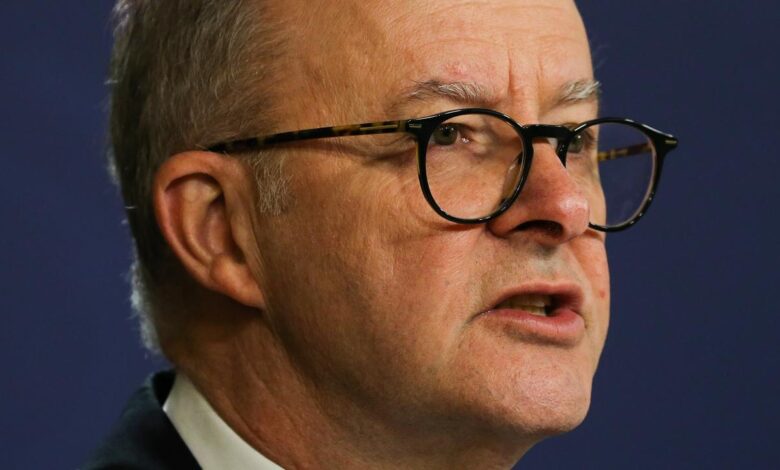Exposed $7.2 billion price tag prompts petition to PM

Forty percent of all pregnancies in Australia are unplanned, at a cost of $7.2 billion to the economy, according to a new analysis, triggering calls for free contraception.
Australia saw 197,234 “mistimed” or “unwanted” pregnancies in 2020, according to a report that will be presented at Parliament House in Canberra on Wednesday.
More than half of these pregnancies resulted in the child being reared by the parent, while 31% resulted in the pregnancy being terminated and 1% resulted in the child being adopted.
The estimated average cost of an unwanted pregnancy in Australia is $36,384, including direct medical bills and indirect costs such as lost income and government assistance payments.
The majority of the financial and societal burden fell on women, according to a survey commissioned by the contraceptives business Organon.
Indigenous women, those living in rural and regional areas, and those with socioeconomic disadvantages were also significantly more likely to experience an unintended pregnancy.
Melbourne woman with three children Fleur Pryor became pregnant unintentionally three times while she was young, followed by a planned pregnancy with her husband.
Ms. Pryor, 43, stated that she loves all of her children, but she would have appreciated more assistance from her doctor when she was younger in selecting the most effective contraceptive for her.
She stated that having her first son at the age of 16 was difficult.
“I had no car, it was winter, and my spouse had to work two jobs, so I was alone,” she explained.
The director of the SPHERE research centre for sexual health, Danielle Mazza, stated that women battled with the disparity of reproductive health care throughout the nation.
Professor Mazza stated that there was no reason why Australia could not follow the United Kingdom's example and provide free contraception and abortion services.
“Free contraception, no out-of-pocket costs for abortions, and regional planning of services so that no matter where you are in Australia, you have access to services,” she said.
We may do so through our well-positioned Primary Health Networks, which already provide mental health and substance abuse care.
Wednesday, Professor Mazza will meet with Assistant Health Minister Ged Kearney and Liberal MP Bridget Archer to discuss the study.
Professor Mazza stated that she would want to see efforts for reproductive healthcare mentioned in the federal budget for May, including an increase in Medicare rebates for general practitioners to help them provide contraception and abortions.
Ms. Kearney asserted that enabling women to plan pregnancies, especially by providing inexpensive contraception, improved health outcomes.
“We are aware that there are challenges and impediments to getting contraceptives, such as the poor uptake of long-acting, reversible contraceptive devices in Australia,” she said.
“I will collaborate with Health Minister Mark Butler and state and territory governments to determine the cause and potential solutions.”
Improving access to sexual and reproductive health care is a priority of the federal government's national women's health policy for the next eight years.
Prior to the 2019 election, Labor suggested that public hospitals provide abortions as part of their Commonwealth financing arrangements. However, this proposal has not been reintroduced.
Through the Pharmaceutical Benefits Scheme, the federal government presently subsidises a variety of contraceptive and abortion-related drugs.




